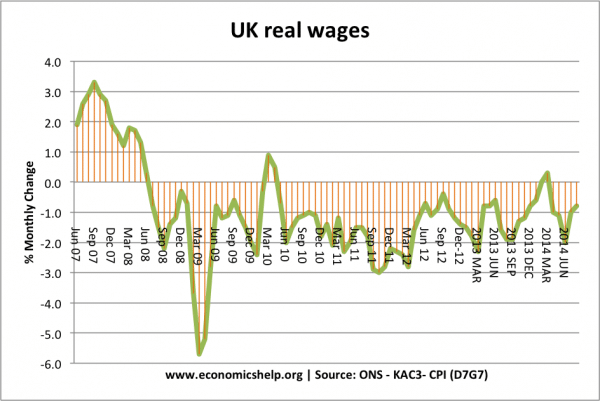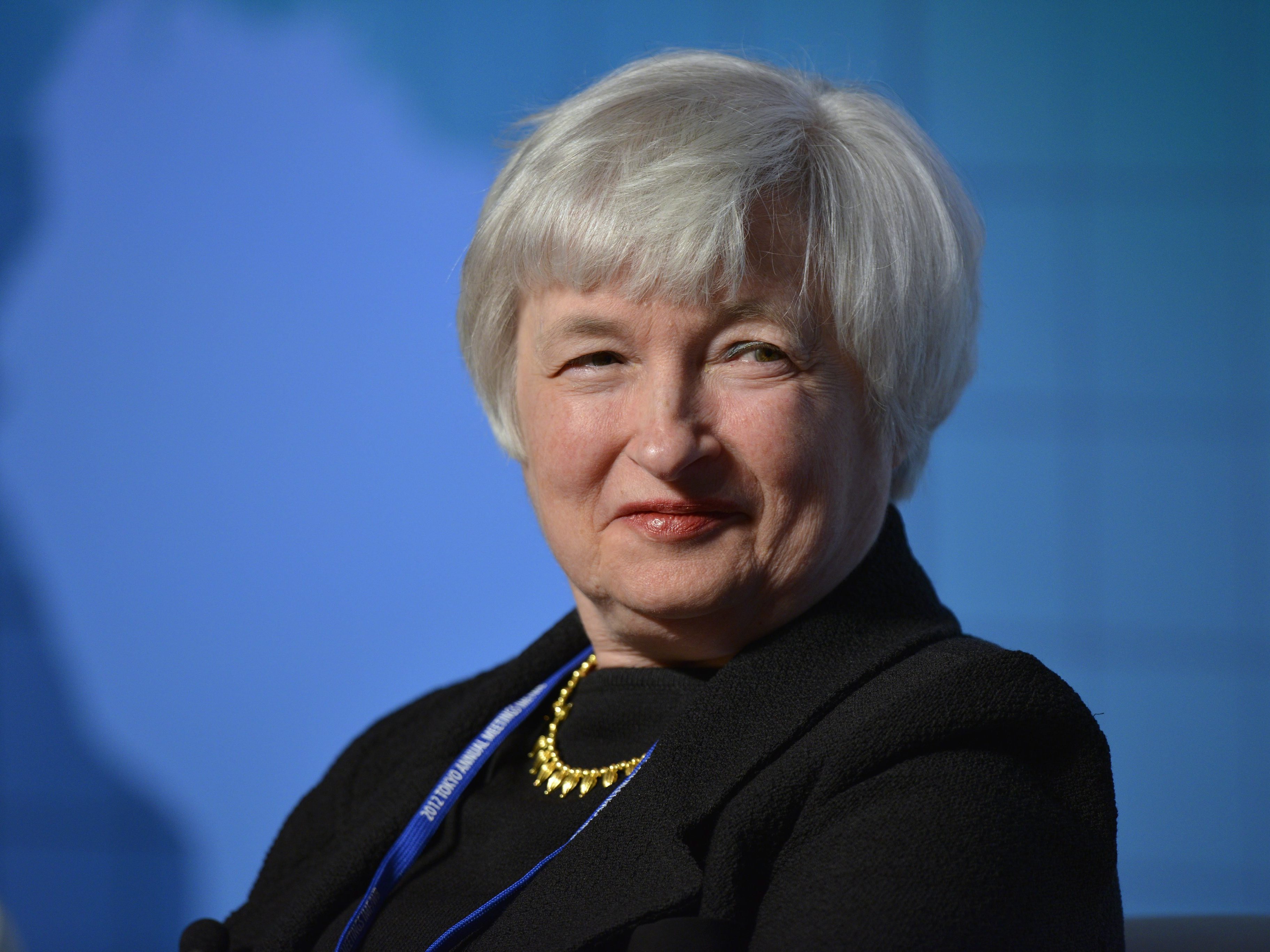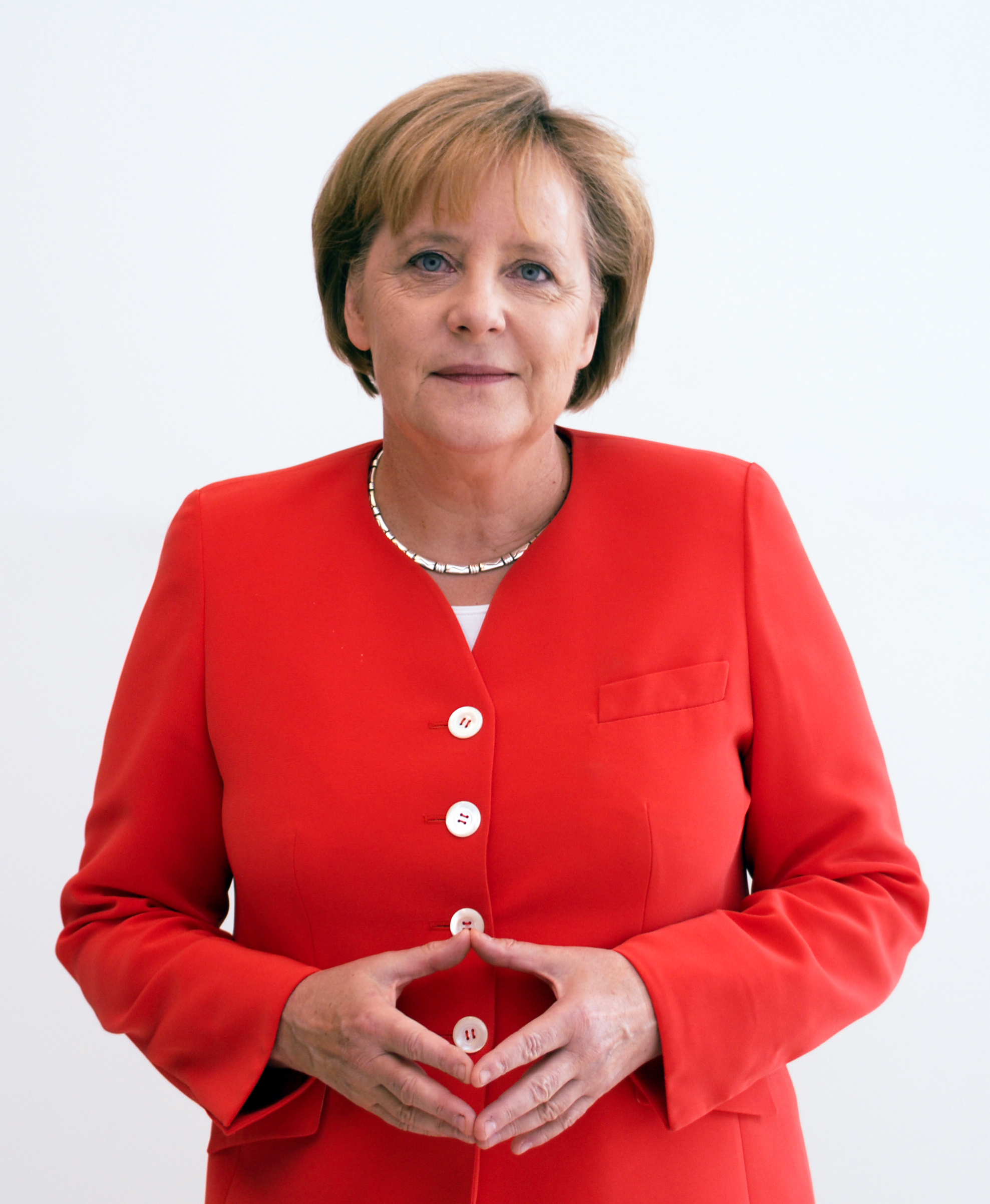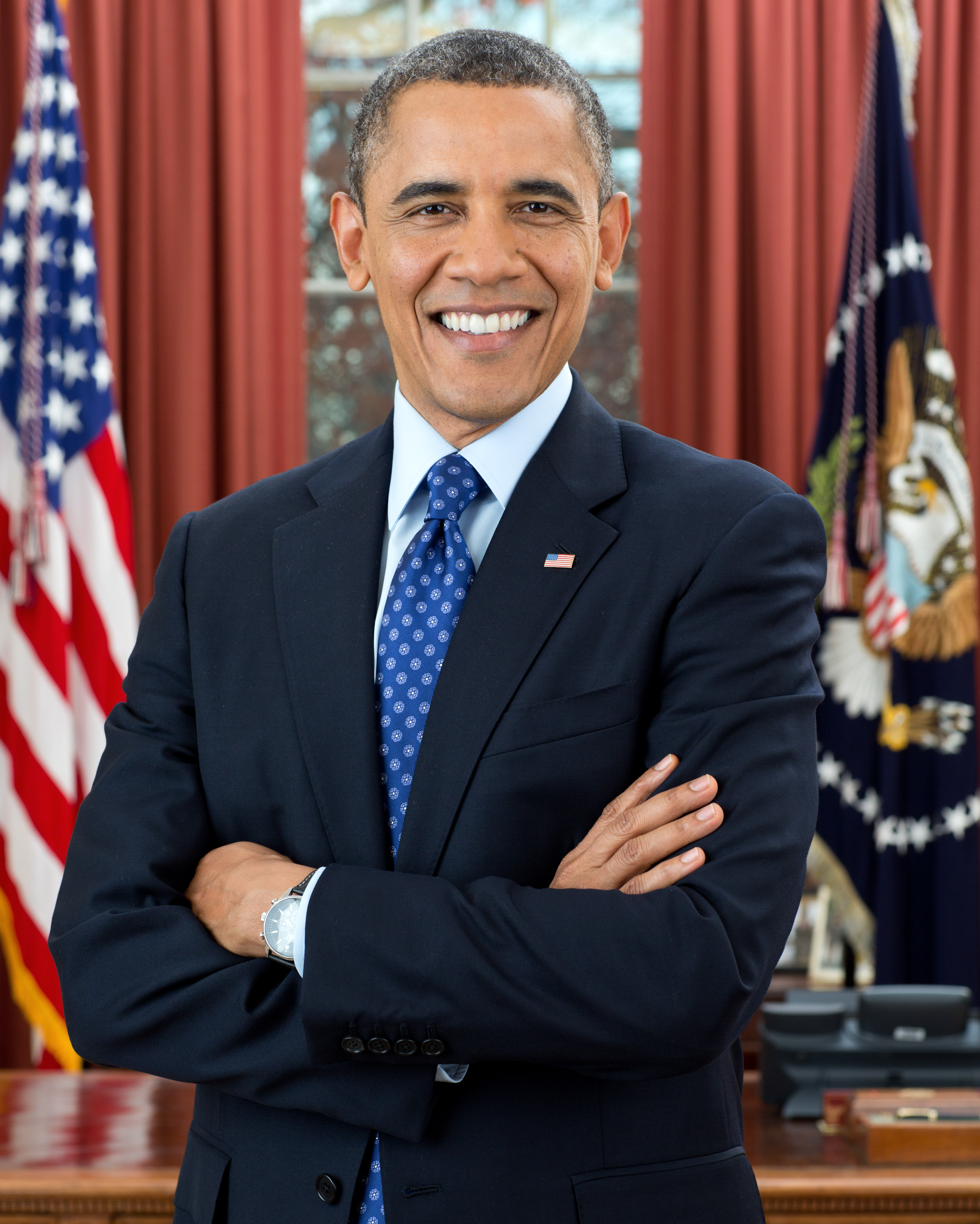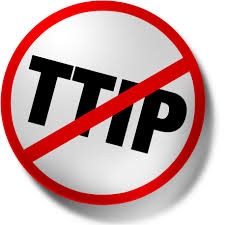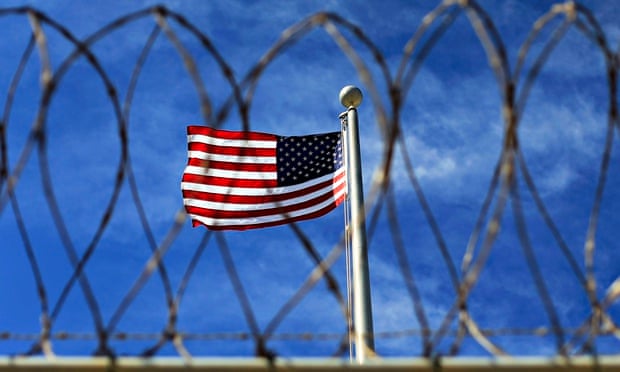
On the 9th of December, the US Senate released a report into the interrogation techniques practiced by the CIA in the aftermath of 9/11 and through the wars in Iraq and Afghanistan.
Particular attention in the $40 million investigation was lavished on the secretive COBALT detention centre. The 'techniques' employed here range from unnecessary rectal feeding of detainees, leading to one sustaining 'anal fissures', to being forced to sit naked in cold concrete cells, with at least one confirmed death from hypothermia.
I will spare you any further details of the physical and mental torture that detainees of the COBALT prison - and others - were put through. It makes for grim reading. Bear in mind, of course, that these people were suspects. Not one had been convicted of any crime, and many (the CIA puts a 'conservative estimate' at 22%) weren't even supposed to have been there according to the CIA's own guidelines. Yes - the guidelines of an organisation which sees waterboarding, enforced sleep deprivation and threats to kill detainees' wives and children as legitimate interrogation tactics. When even this lot think imprisoning someone is a step too far, but it happens anyway, we need to be very, very worried.
Discussion about the futility and the dangers of Bush and Blair's 'War on Terror' abounds - I've written on the subject myself. But these new revelations go beyond anything else we've seen. This report is set against the backdrop of the continued Western military presence in Middle Eastern and North African countries, the leviathan surveillance state and the still-extant Guantanamo Bay detention centre. We must open our eyes to the true lengths that the US and UK governments are willing to go to in their zealous crusade against the 'terror' they themselves created.
And yes, I say US and UK governments. The Senate report also shows quite clearly that - along with a number of other supposedly 'liberal' democracies - the UK has been fully co-operating with and assisting in the mass torture and systematic human rights abuses perpetrated by the CIA. Other culprits include Germany, Italy, Poland, Australia, Denmark... the list goes on. The CIA have now come clean - when will MI6 follow?
Returning to the Americans, the CIA misled US government officials, lied to the White House and fed misinformation to the press. To date, not one CIA employee has been prosecuted or even reprimanded so far as we can tell.
The brutal irony of the situation is this: if another country were perpetrating human rights abuses on this scale, the USA would probably use them as grounds to justify an invasion.
The thing is, they'd have a better case against themselves than they ever did against Iraq.

